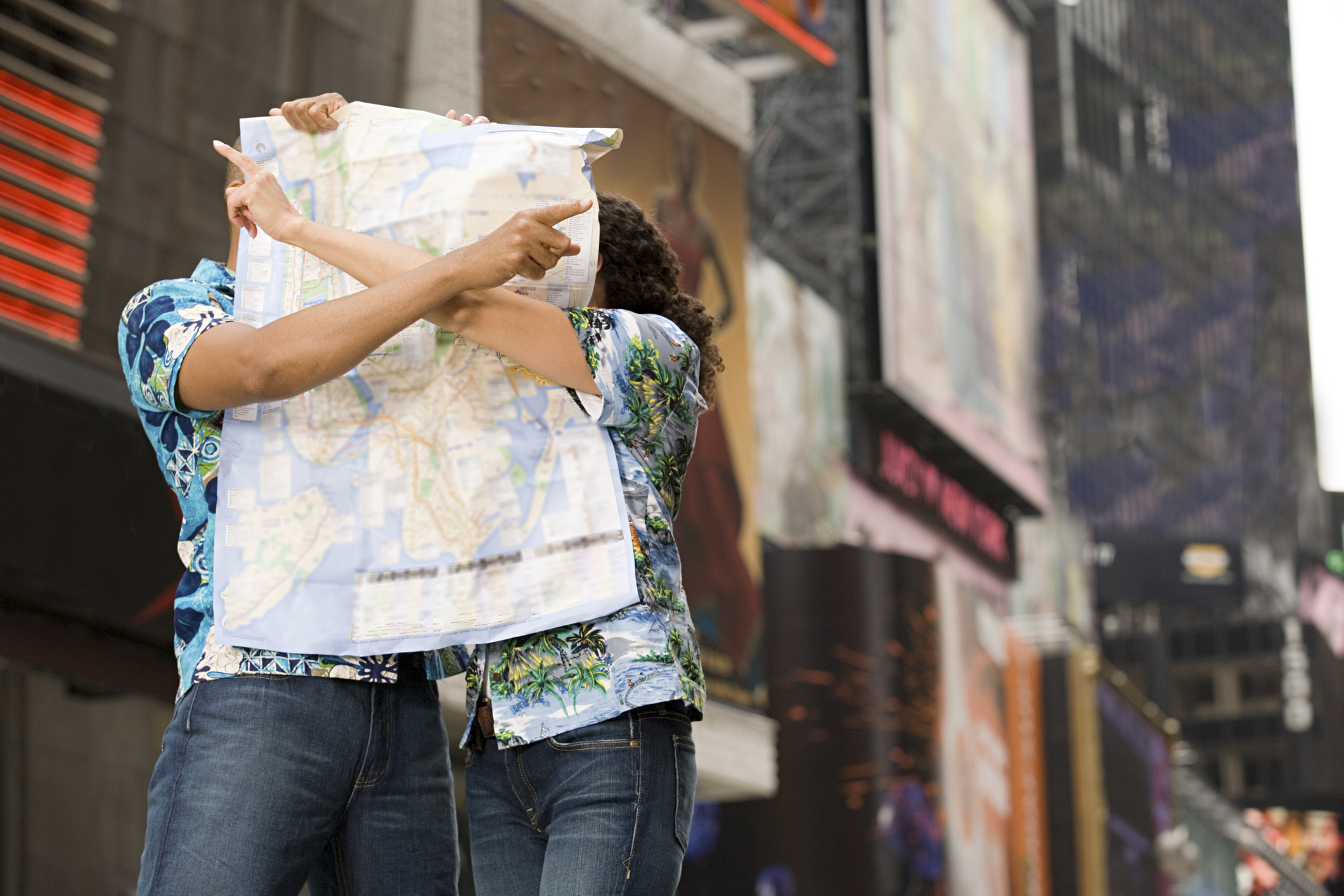Media release
From:
Why your perfect travel partner might not be your family, ECU research reveals
As Australians gear up for the holiday season, new research from Edith Cowan University (ECU) has revealed what really makes for the perfect travel companion, and it turns out, it might not be your family after all.
The study offers an insightful look into the personality traits that can make or break a trip, helping travellers avoid turbulence in their relationships long before they reach the airport gate.
Professor Sam Huang, the head of ECU School of Business and Law’s Centre for Tourism Research, said the research was based on the “Dazi” phenomenon, a popular Chinese social trend where young people seek companionship for specific activities, such as travelling.
Professor Huang noted that compared with solo travel, traveling with a companion was more likely to foster high-quality and memorable experiences through interpersonal interaction, while also offering a measure of safety.
“With the advent of social media, access to travel companions has transcended traditional kinship and social circles. More and more young travellers tend to establish temporary travel partner relationships with strangers who share common travel goals through online travel communities,” Professor Huang said.
The research found that travel partners with extensive travel experience and a strong sense of conscientiousness are better equipped to overcome obstacles on the road and work effectively together to achieve shared goals.
The study also found that compatibility in consumption values, travel preferences, and lifestyle habits can significantly reduce friction and conflict during a trip. When partners align on these factors, they tend to enjoy smoother journeys and more positive, high-quality interactions.
“Interestingly, the research revealed that the best travel partner may depend on what each traveller values most.
“Those who place greater importance on emotional support and companionship are generally better matched with same-sex travel partners who possess high emotional intelligence and conscientiousness, traits that promote harmonious interactions and understanding,” Professor Huang said.
However, for travellers who prioritise practical benefits, such as complementary knowledge, skills, or problem-solving abilities, opposite-sex partners may offer more diverse perspectives and resources. In such cases, conscientiousness combined with extensive travel experience becomes key to successful cooperation and efficient resource sharing.
“The research in no way suggest that you shouldn’t be traveling with your wife, or even your in-laws. But the advice is that if you are travelling with family, be sure to set some goals and expectations before packing your bags,” Professor Huang said.



 Australia; International; WA
Australia; International; WA


